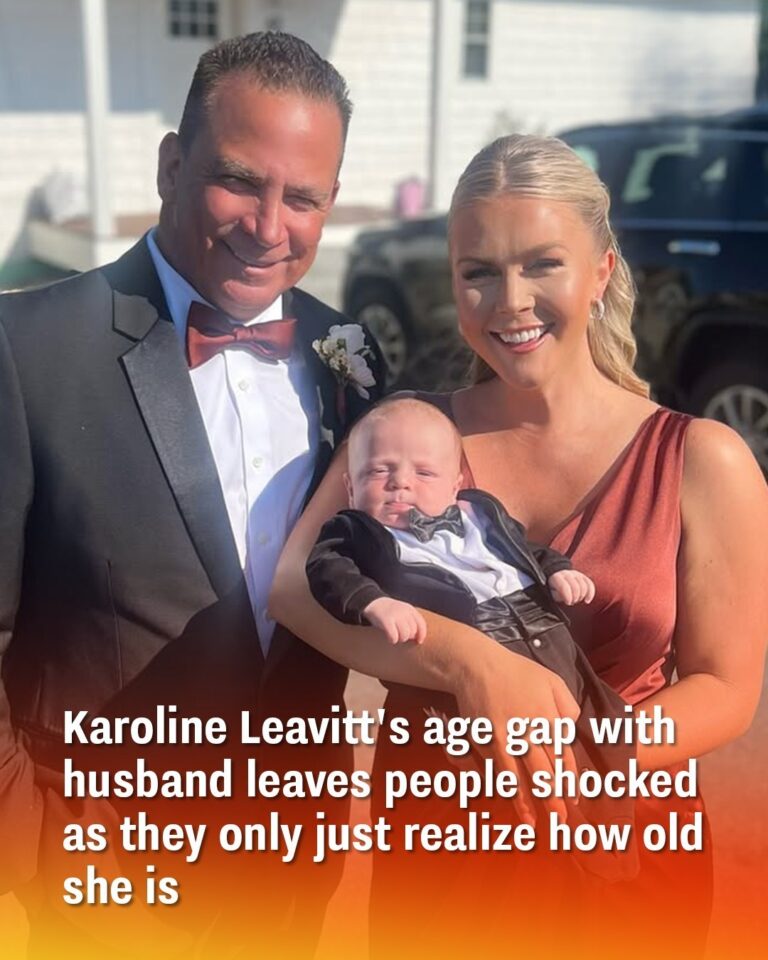THEY THINK I’M JUST A “COWGIRL BARBIE”—BUT I RUN THIS WHOLE DAMN RANCH
I don’t usually get rattled by strangers, but today almost broke that rule. At the feed store, dressed in my usual ranch clothes and covered in the honest dust of the day’s work, a young clerk decided to make me the punchline of his joke. With a smirk, he asked if I was lost or if I needed help finding “my husband’s supplies.” I could have laughed it off, but the words hit harder than I expected. I’ve been running two hundred forty acres on my own for years, handling everything from fence repair to birthing calves in the dead of winter. Still, people see a woman in a feed store and assume she’s playing dress-up.
Back home, the sting of that encounter faded once I stepped onto my land. The familiar creak of the gate and the lowing of my cattle usually ground me, but something new caught my eye. Nailed to the barn door was a folded note scrawled in black marker: “I know what you did with the west pasture.” My heart thudded. The west pasture is my pride, thirty acres I have spent years restoring after my ex left it stripped and neglected. The grass has finally come back, and the soil feels alive again. The message made no sense, but its tone chilled me.
At first, I thought it had to be a prank. Maybe some bored teenager or even Roy, my well-meaning neighbor who never misses a chance to remind me that “ranch work is no place for a woman alone.” When I confronted him, he raised both hands and swore it wasn’t him. Then he leaned in and muttered that he’d heard rumors floating around town, whispers that I was changing buyers or cutting side deals. I brushed it off as small-town gossip, but unease settled deep in my chest.
The next morning, I went to check the pasture. Dew shimmered across the grass, but near the pond I spotted something that didn’t belong—fresh footprints in the mud, too large to be mine. The prints led toward the barn, where I found deep scratches near the door latch. Someone had been snooping. My stomach twisted. That night, I stayed up later than usual, sitting by the window with the porch light on. Just after midnight, a faint sound echoed from the barn. I grabbed the flashlight and stepped outside. A shadow moved near the door. When my beam caught it, the figure bolted into the darkness. My hands shook. This was no prank. It was a threat.
By morning, I had made up my mind. I called the sheriff’s department and reached out to the few people I trusted: Roy and Lucia, a nearby rancher who has faced her own share of unfair treatment. Roy promised to keep an eye out, and Lucia offered to come by and help secure the barn. Later that week, Roy spotted a stranger near the creek, crouched with a camera, taking photos of my land. He got the license plate number, and the sheriff traced it to a woman named Lillian Black. She worked for a development company that had been quietly buying up local ranches. Their strategy was intimidation. They wanted landowners like me scared enough to sell cheap.
Once the truth came out, the community rallied. Lucia and I spoke up at the next county meeting, and word spread fast. Other ranchers filed complaints, and soon the company backed down. The threats stopped as quickly as they had started. I still keep an eye on the west pasture, though, as if the land itself needs reassurance that it is safe.
Through all of this, I learned something I never expected. Asking for help doesn’t mean surrendering your independence. It means recognizing that strength isn’t about standing alone; it’s about standing firm with the right people beside you. My land is still mine, my cattle still graze, and the sun still rises over the same hills I have worked for years. I’m still here, still standing, still running my ranch on my terms.


